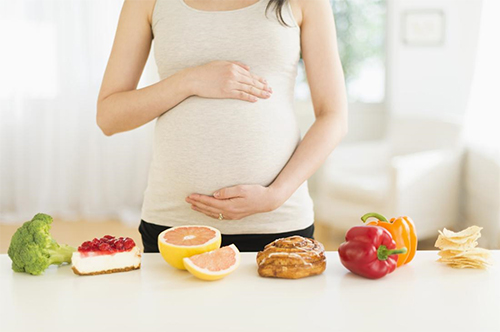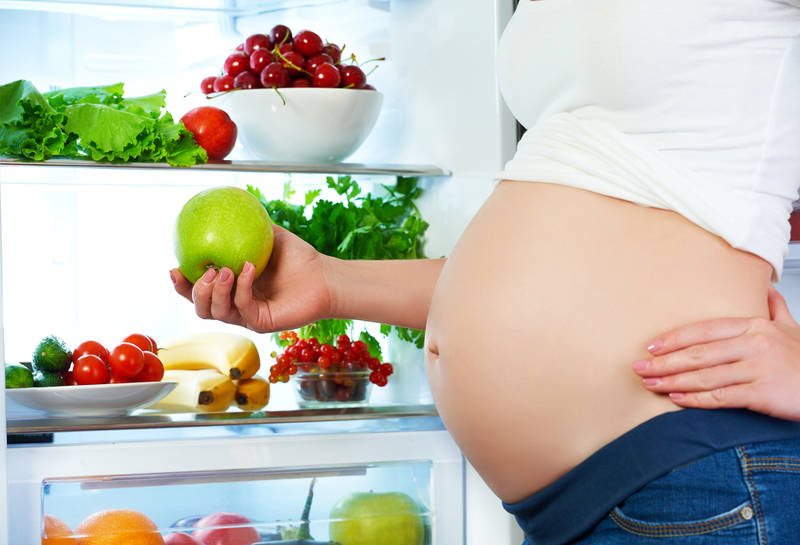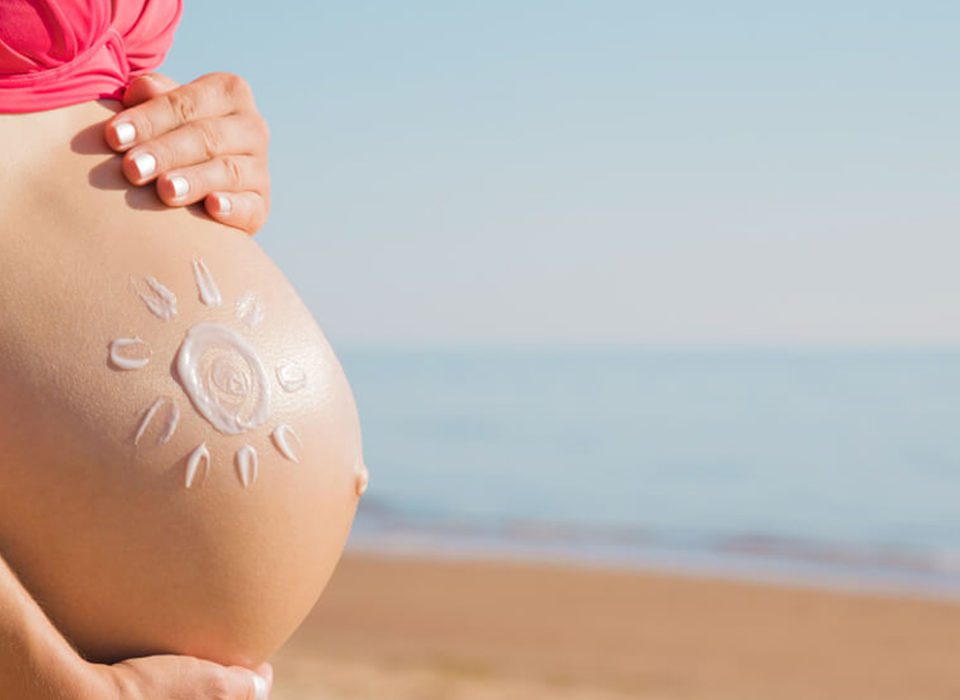If you think it’s time to have the child you have been dreaming of for a long time, you may need to prepare yourself both physically and mentally at least 4 to 5 months in advance to be able to get pregnant. From the moment you decide to get pregnant, you have to change many things in your life. One of them, and perhaps the most important one, is dietary habits. Each food you consume has a different effect on your body, and some foods can increase your chances of conceiving while others can decrease them.
Nutrition Tips for Those Who Want to Conceive
- Being underweight or overweight has an effect on ovulation. The female hormone called estrogen is responsible for ovulation. If you are overweight you have too little estrogen and vice versa if you are overweight you have too much estrogen. Both of these conditions negatively affect the ovulation process. Therefore, if you want to get pregnant, being at an ideal weight can make your job a little easier. The first thing you should pay attention to is achieving your ideal body weight.
- You can take folic acid supplements from the moment you decide to conceive. You can support the development of the baby by consuming folic acid sources such as spinach, broccoli, lettuce and asparagus before and after pregnancy.
- In particular, B-complex vitamins should be included in the daily diet, as they provide an adequate environment for the fertilization of eggs.
- Iron deficiency is one of the factors that reduce the likelihood of conception. If you do not have enough iron in your body, it can both reduce the likelihood of conception and complicate the gestation period. I recommend that you consume iron sources such as meat, chicken, green leafy vegetables and legumes frequently from the moment you decide to conceive.
- Fresh fruits and vegetables are also one of the foods you should eat plenty of to conceive. With the vitamins they contain, they provide you with most of the vitamin and mineral support you need in this process. Citrus fruits in particular, thanks to their bio-flavanoids, increase uterine blood circulation and increase the likelihood that fertilized eggs will attach in the uterus. They also facilitate iron absorption thanks to the vitamin C they contain.
- Omega-3 sources also have positive effects on fertility. I recommend eating fish at least 3 times a week. Omega-3 intake during pregnancy will also contribute to the neurological development of your baby.
- Smoking has many harmful effects on our body. Smoking also has a negative impact on the genital organs. Smoking reduces ovarian function and makes implantation more difficult. Smoking is harmful to everyone, and it is at the top of the list of things to avoid if you want to become pregnant.
- An occasional glass or two of wine is fine, but if you want to conceive, you should avoid alcohol and alcoholic beverages as much as possible. Alcohol reduces the likelihood of conception and adversely affects the pregnancy.
From the moment you decide to conceive, you can discuss with your obstetrician or a nutritionist what nutrients your body needs, which vitamins and minerals should be supplemented, and increase your chances of conceiving by continuing this process in a more controlled manner.







